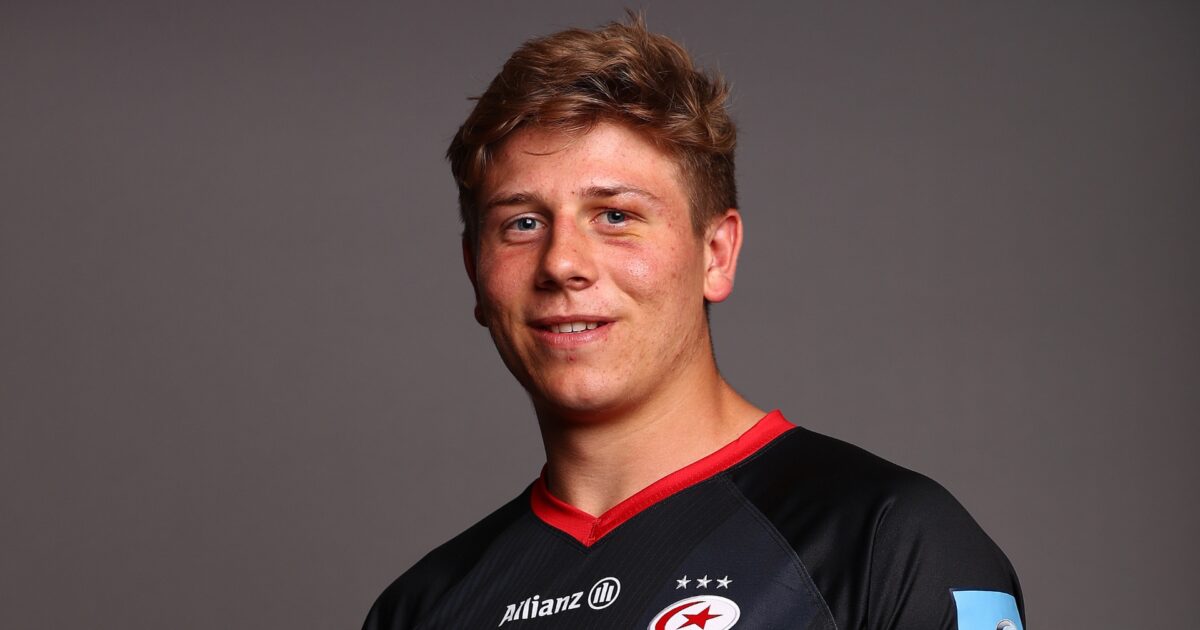New era begins at Saracens with 3 academy players set for first Premiership starts

The end of an era feeling surrounding Saracens following their Champions Cup semi-final defeat last Saturday has continued with their all-changed XV that will face Worcester in the Gallagher Premiership on Wednesday night. The Londoners agonisingly relinquished the grip on their European title, succumbing to a late Racing 92 try in Paris last weekend and falling short in their attempt to win a fourth title in five seasons.
With the club now having just two Premiership matches remaining before they slip into the Championship following their automatic relegation for repeated salary breaches, Saracens coach Mark McCall acknowledged a change of the guard was now afoot with the likes of veterans Brad Barritt and Richard Wigglesworth the latest set to leave.
This change-up is reflected in the XV chosen for Sixways – seven of the Saracens starters have played seven or fewer times for the club, a description that also applies to five of their bench.
The hat tip towards their Championship future is encapsulated in their selection of openside Ollie Stonham for a first-ever start. The senior academy back row has one senior cap to his name after making an appearance in the Premiership Cup earlier this season.
Fellow academy teammates Charlie Watson and Cameron Boon will also make their maiden league starts. Centre Watson scored on his Sarries debut in September 2019 while lock Boon burrowed home during the recent win over Exeter Chiefs. On the bench, academy duo Jon Kpoku and Ethan Benson are in line for their Premiership debuts.
SARACENS (vs Worcester, Wednesday): 15. Will Hooley (3 Sarries appearances); 14. Rotimi Segun (33), 13. Charlie Watson (4), 12. Juan Pablo Socino (6), 11. Ali Crossdale (13); 10. Manu Vunipola (28), 9. Tom Whiteley (48); 1. Richard Barrington (194), 2. Tom Woolstencroft (42), 3. Alec Clarey (7), 4. Joel Kpoku (35), 5. Cameron Boon (3), 6. Callum Hunter-Hill (23), 7. Ollie Stonham (1), 8. Janco Venter (3). Reps: 16. Sam Crean (12), 17. Robin Hislop (2), 18. Josh Ibuanokpe (16), 19. Jon Kpoku (2), 20. Ethan Benson (0), 21. Alex Day (6), 22. Harry Sloan (3), 23. Elliott Obatoyinbo (15).
'But if you look at the squad here probably our best player was Dom Morris, and if you’re telling me we’re breaking the salary cap that’s an interesting one.' #RACvSAR https://t.co/NVVllDW9sZ
— RugbyPass (@RugbyPass) September 26, 2020

























